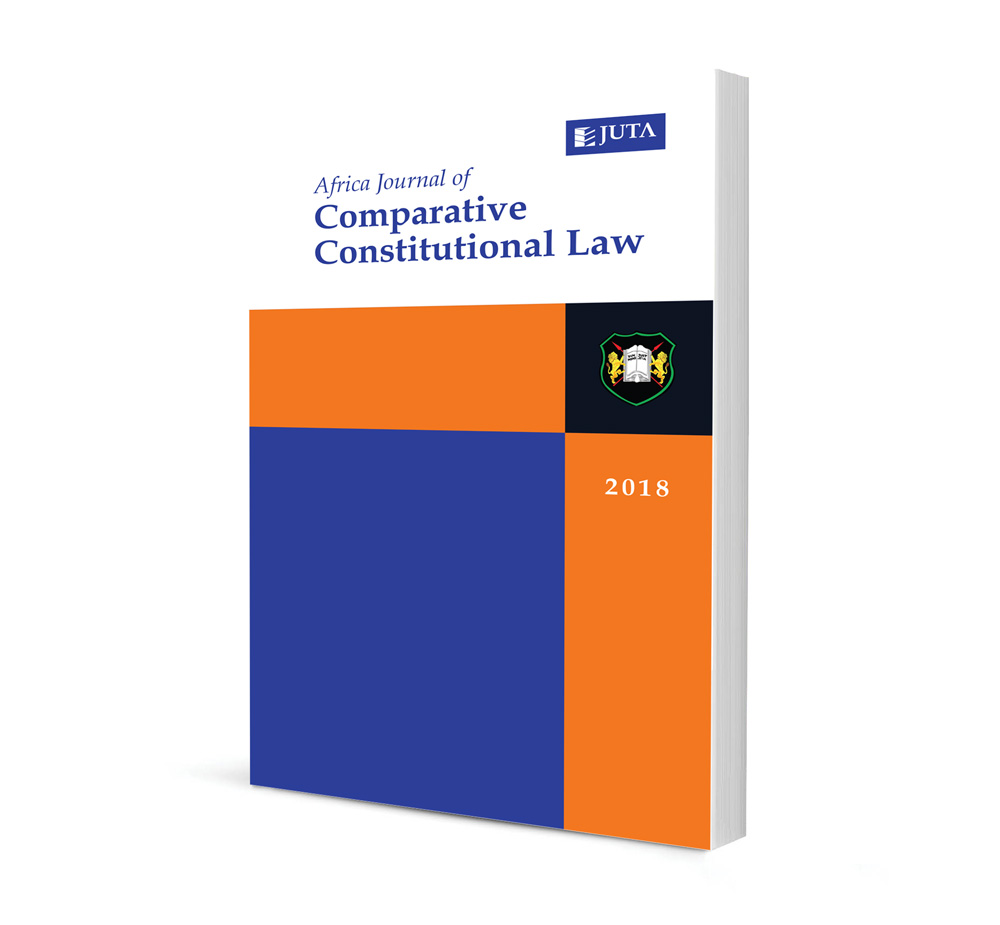
Between Chasms and Contours: Revisiting Constitutional Legitimacy and the Quest for a Progressive Constitutional State in Nigeria
Author: Olusola Babatunde Adegbite
ISSN: 2521-5434
Affiliations: LLB (Hons) (Ife), LLM (Ife), LLM (Cardozo, Yeshiva University, New York), BL, Lecturer, Department of Public Law, Faculty of Law, Obafemi Awolowo University, Ile-Ife, NIGERIA
Source: Africa Journal of Comparative Constitutional Law, 2019, p. 77 – 102
Abstract
Ever since the Constitution of the Federal Republic of Nigeria 1999 was adopted, Nigerians have roundly denounced it as not being a proper reflection of their common will, but a bitter pill delivered by the departing military junta. The continued chasms and contours in the denigration of the document, pressured governments upon governments to make effort at repairing it. The result has been several constitutional conferences convoked to force a new constitution, but all have achieved little. More than two decades after its enactment, the question remains why Nigerians are unhappy with the document, and what can be done to address their unhappiness?
This article presents a critical inquiry into these issues. It examines how the current Constitution came to be and how its problem of legitimacy has become a national malaise. It argues that even though the people’s pursuit of a new constitution is in order, the route adopted may just be the disorder. Also, the fact that the relentless agitation for a brand-new Constitution has continued to meet with a brick wall may be a pointer that it is the wrong approach to a generally understood problem. It recommends that a more viable solution may lie in adopting a known, yet difficult pathway, i.e. one in which constitutional legitimacy, though not acquired in the original sense, can however be perfected over time through a progressive acceptance of the Constitution by the people. It submits that this progressive acquisition of legitimacy can be attained by the people continuously demanding good governance and strategically owning the political process, with a view to using the same Constitution’s amendment process, to rework it for their good.